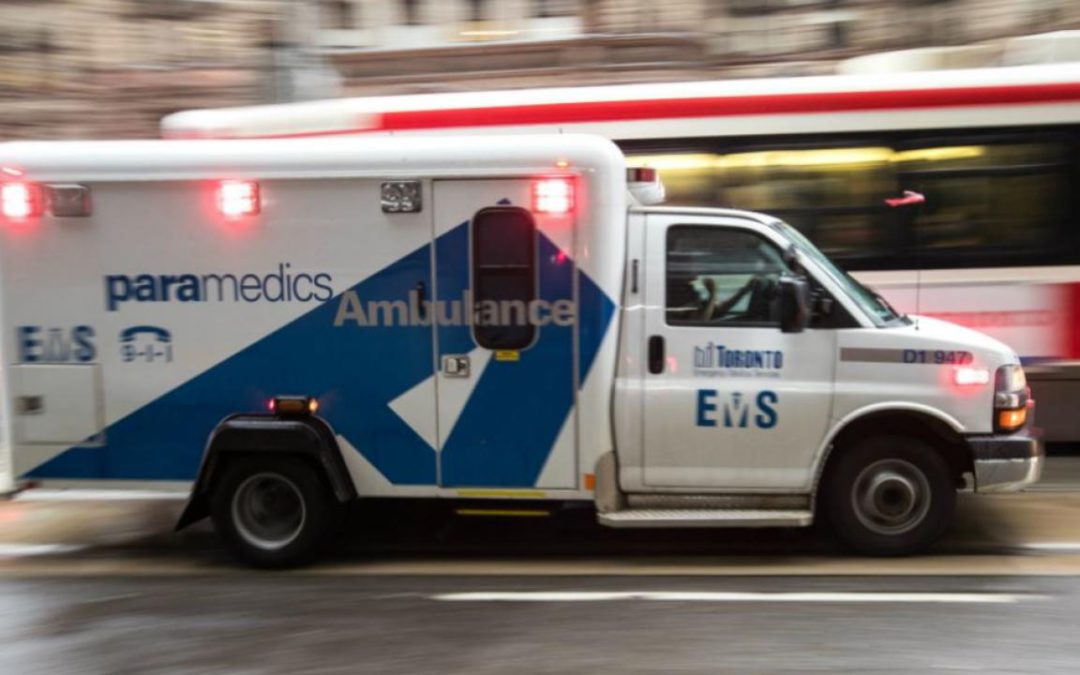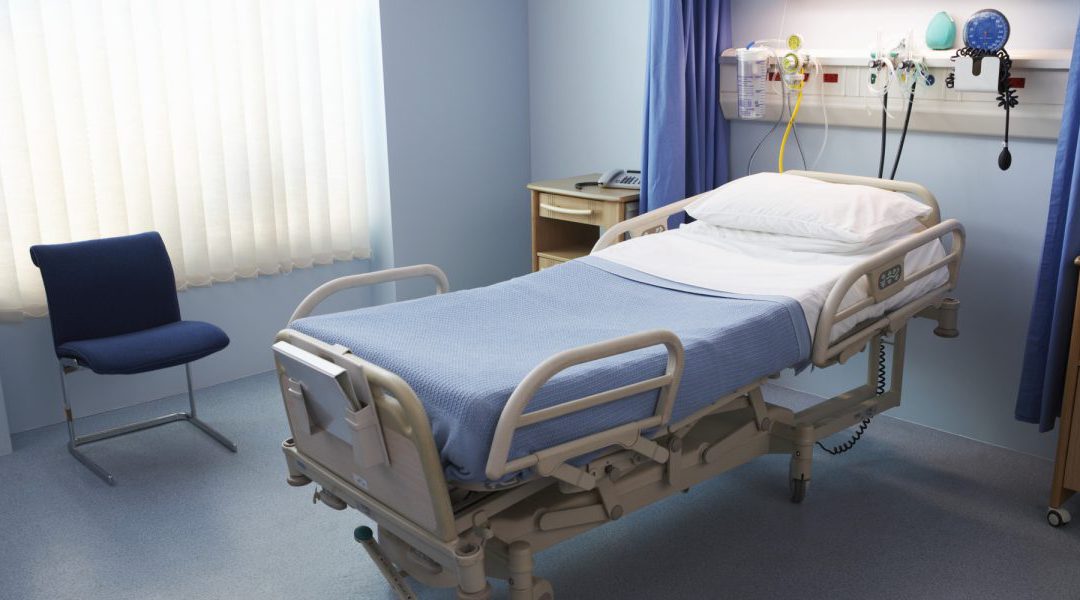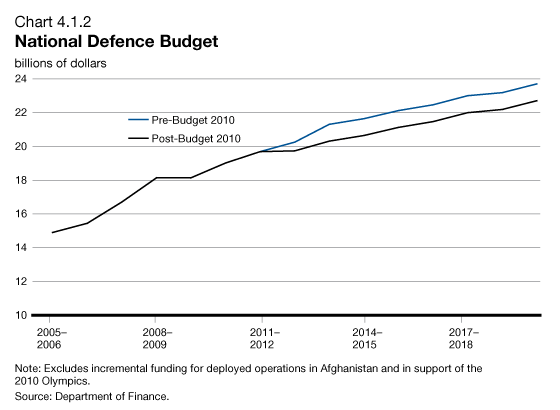
Thou Shalt Honour The Honour System
Another piece from a while ago –
A few days ago I had to help transport a critically ill 25 year old across town from University Hospital to Victoria Hospital. The ambulance in which we were transporting this young patient was being driven with lights blazing and sirens blaring, I was shocked at how many drivers failed to yield to the ambulance. We had to slow down considerably several times. Not only were drivers failing to yield, some were actually changing lanes and getting in front of (and behind) the ambulance.
When we first started to use clot busting drugs for heart attacks and now for acute strokes, the mottos “time is muscle” and “time is brain” became popular because we understood that every minute counted. Indeed, by the time we arrived at Victoria Hospital, the patient had become unstable and required immediate life-saving measures.
The MTO code specifies that it is an offence to not yield to emergency vehicles – an offence punishable by a fine of $90 and 3 demerit points. But the issue of yielding to emergency vehicles is much more important than fines and demerit points.
One of the basic principles on which civil society is based is the intrinsic desire for people to follow the rule of law. We commonly understand that no amount of enforcement can make people do things they fundamentally do not want to do. Furthermore, in a civil society it is not merely the rule of law that governs it, but rather an agreement among citizens to live in a certain way – the social contract if you will. Countries with civil, democratic traditions in which citizen understand the need for respecting the law have things like parking meters and subway systems without ticket turnstiles. Although these are monitored, it is impossible for them to function in an effective manner if people were intent on abusing the system.
The word we commonly use for this type of system is the ‘honour system’. When people decide to not honour their commitments, society as a whole loses. Society assumes a financial loss due to the unpaid underground ticket or parking meter. Society further assumes the cost of increased enforcement and finally, and perhaps most importantly, society endures the loss of trust – the feeling that members of society cannot trust each other to carry out their obligations.
When the issue is monetary – as in the example of the parking meter or public transport, it can be difficult to work up the appropriate indignation to display in reaction.
However, there are instances where our civic obligations carry a much more important consequence than just monetary loss. In the case of yielding to emergency vehicles, people’s lives are at stake. The driver who fails to yield can only gain a few minutes in arriving at their intended destination. But for the ill patient being transported in that ambulance, or the person waiting for the fire truck, those few minutes can separate health from illness and life from death.
Next time you hear an emergency vehicle coming down the road, think about what you would want drivers to do if you were the person riding in the back of that ambulance or waiting for that fire truck and then do the right thing – pull over. And if you can’t hear the emergency vehicle because your radio is on too loudly consider turning the volume down and paying closer attention to what other cars around you are doing – if everyone is pulling over maybe they are seeing something you are not.
In other words, think about others, not just yourself




